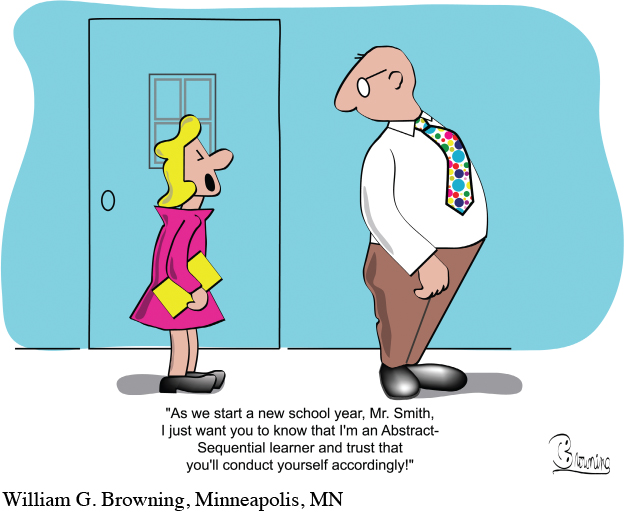LEARNING DISABILITIES
While everyone has a learning style, some people have a learning disability, a general term that covers a wide variety of specific learning problems resulting from neurological disorders that can make it difficult to acquire certain academic and social skills. Learning disabilities are very common in students of all ages.
Learning disabilities are usually recognized and diagnosed in grade school, but some students can successfully compensate for a learning problem, perhaps without realizing that’s what it is, and reach the first year of college without having been properly diagnosed or assisted. Learning disabilities can show up as specific difficulties with spoken and written language, coordination, self-control, or attention. Such difficulties can impede the ability to read, write, or do math. The term learning disability covers a broad range of possible causes, symptoms, treatments, and outcomes. Therefore, it is difficult to diagnose a learning disability or pinpoint its cause. The types of learning disabilities that most commonly affect college students are attention disorders that affect the development of academic skills, including reading, writing, and mathematics.

You might know someone who has been diagnosed with a learning disability, such as dyslexia, which is a reading disability that occurs when the brain does not properly recognize and process certain symbols, or attention deficit disorder, which affects concentration and focus. It is also possible that you have a special learning need and are not aware of it. This section seeks to increase your self-awareness and your knowledge about such challenges to learning. You will learn more about common types of learning disabilities, how to recognize them, and what to do if you or someone you know has a learning disability.